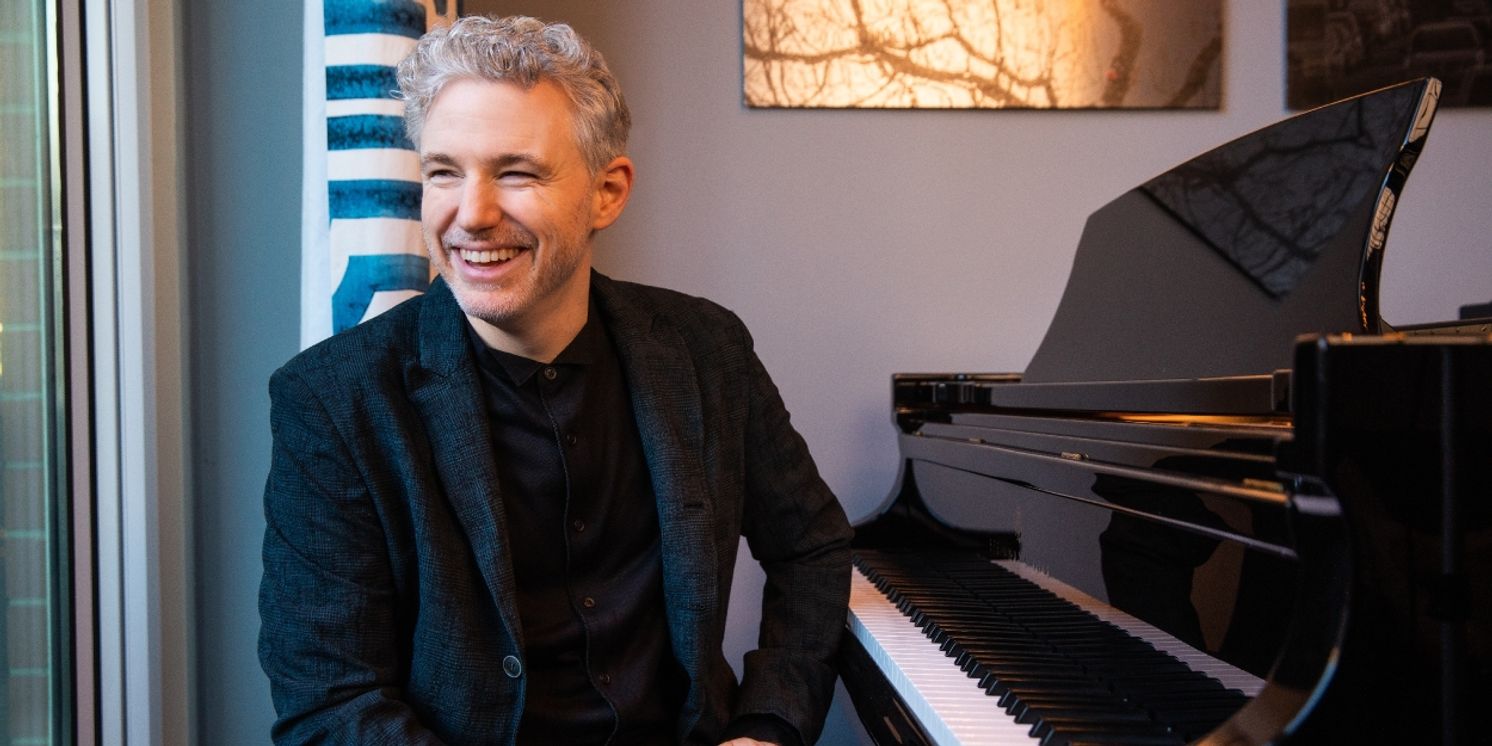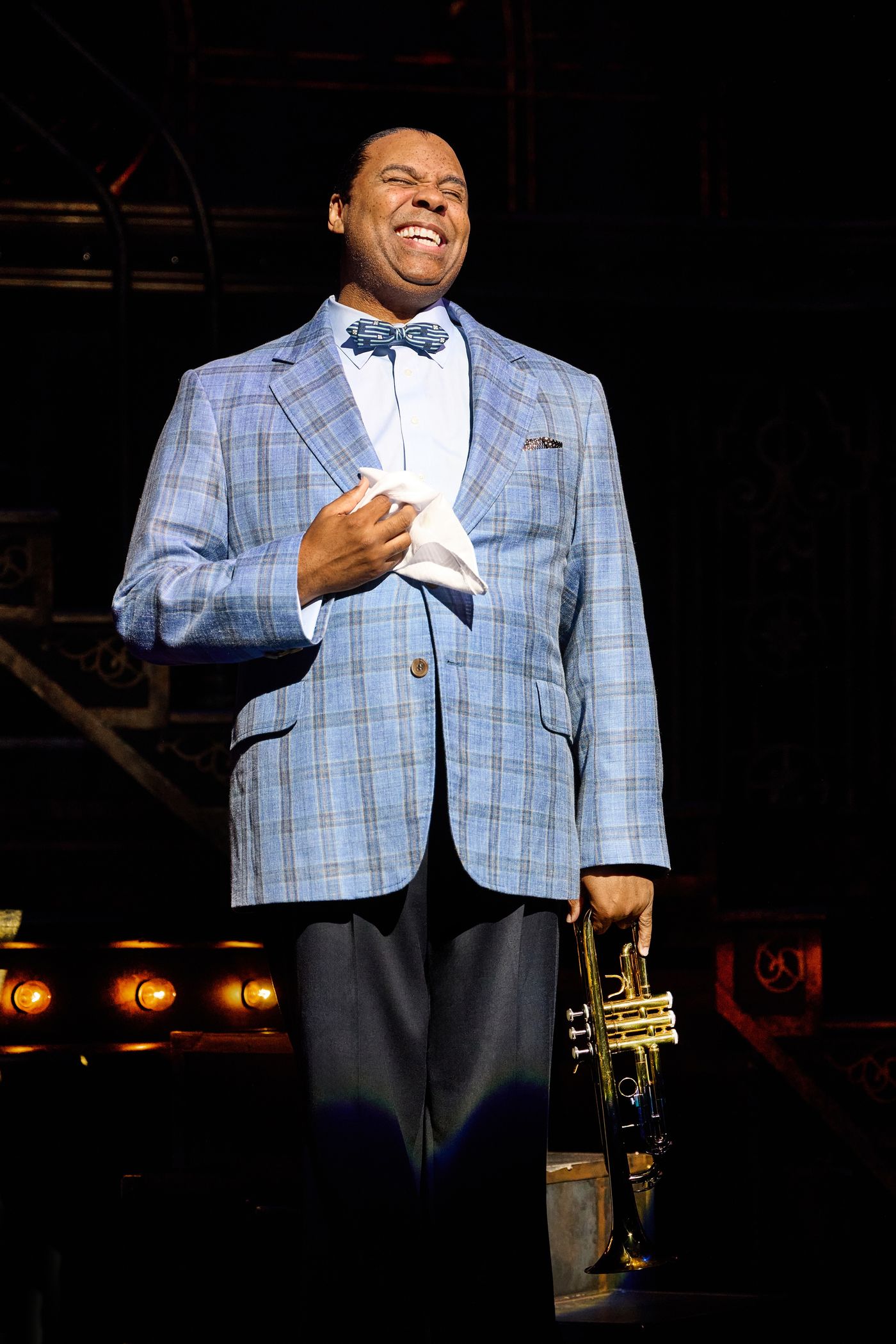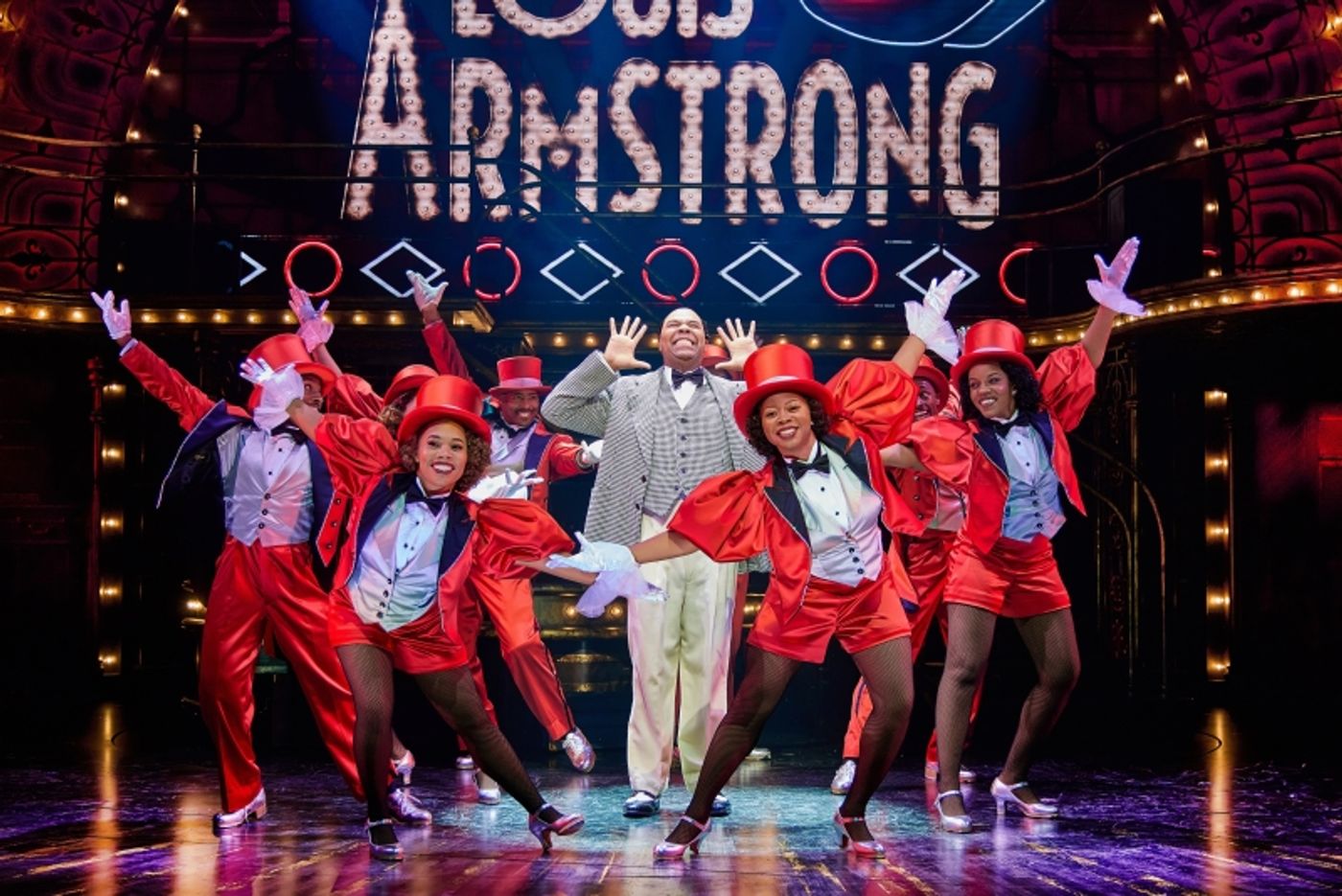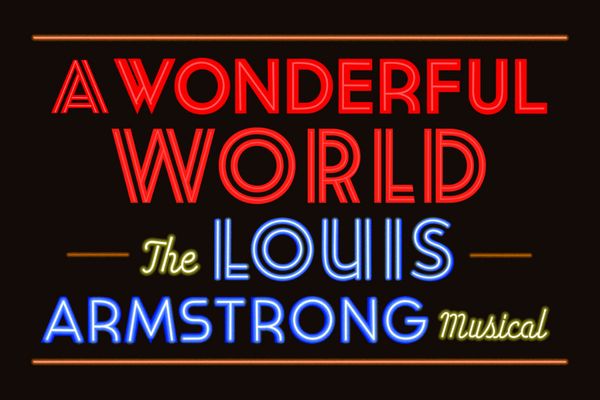Interview: Vocal Coach Deric Rosenblatt on Guiding James Monroe Iglehart’s Louis Armstrong Voice
In this interview, Rosenblatt dives into the process of coaching Iglehart to channel Armstrong’s iconic gravelly voice for the Broadway production.

Deric Rosenblatt is a celebrated vocal coach known for guiding performers through vocally demanding and transformative roles. He previously worked with Alex Brightman in Beetlejuice and School of Rock, and is currently the vocal coach for James Monroe Iglehart, helping the Tony Award winner to find and maintain his sound as Louis Armstrong in A Wonderful World: The Louis Armstrong Musical on Broadway.
In this interview, Rosenblatt dives into the process of coaching Iglehart to channel Armstrong’s iconic gravelly voice for the Broadway production. He discusses dissecting vocal nuances, prioritizing health and longevity, his work with Iglehart’s alternate, James T. Lane, and much more!
Louis Armstrong’s voice is so iconic and distinctive. What were the key vocal characteristics you focused on to help James Monroe Iglehart embody Armstrong’s sound?
So, everyone will sound different when they do this kind of a process. He found his way to me from Alex Brightman, who I worked with on the Beetlejuice voice and School of Rock, where there was a lot of growling as well. So, we started, and I normally won’t teach this kind of technique because it’s not healthy, but we learned to do it in the healthiest way possible so that they can do it over a long period of time.
I asked James in his first lesson, I said, “I want you to show me what you’re doing,” and then I figured out exactly what he is doing from a technical standpoint, and then we took the extra force off of it. We learned how to make that sound in the best way possible.

What is the actual vocal training process that you used to prepared him to take on this role? What do you look at when you’re helping him find that sound in a healthy way?
We always have an Ear, Nose and Throat doctor involved, we get pictures of the vocal cords, and then we monitor it regularly throughout the run of the show. And, actually, you can look at how it’s done exactly in my video series, it’s called Vocal Power Presents, there’s a video lesson with Alex Brightman, and we show videos of his vocal chords making that kind of a sound. It’s really cool.
And I also teach James Monroe Iglehart’s alternate, James T. Lane, and his sound is quite different than James Iglehart’s sound, but it’s his sound. So, we don’t want to exactly copy a sound, we want to do it using their voice, so that it’s not too far away from how they would normally speak, how they would normally do their vocal process.
How did you balance staying true to Armstrong’s vocal style while allowing both of them to bring their own artistry to the role?
The first thing we do, in order to stay healthy, we always do their normal vocal work in a lesson, so we find their voice at its healthiest, most natural, and most efficient production, just a normal warm up. Then, as with any style of singing, or vocal affect, you base the- in this case- effect, on their healthiest vocal process. So, in this case they’re adding an extra vibration.
Normally the vocal folds, they phonate from the bottom to the top, and they close with certain muscles. Above the vocal chords, there’s what’s called the ventricular folds, or colloquially, the false vocal chords. Those normally do not vibrate, but in this case they are squeezing that tissue together, which then vibrate on top, above the true vocal chords. So, when they make the sound, the vocal chords are phonating, the false vocal chords phonate at the same time, but what’s really cool and gives it that monster gravel sound is that they’re phonating at different pitches. It's very different than just watching normal, healthy vocal chord phonation.

So, when you’re working with James Iglehart to create this sound, do you go song by song? Do you yourself research Louis Armstrong?
James did all of the study on Louis Armstrong. I did as well, but he really went in into the phrasing of it, and his particular vocal aspects of the style that he sings, so he listened to everything. And from that, this voice that we came up with, he was able to add that to the style Louis sings. So, he really sounds very close, not just because of the voice, but because of his personal study of Louis Armstrong.
When it comes to vocal health, what advice would you give to singers who are trying to be as healthy as possible with their voice, and are trying to sustain a career in theatre?
First, you need a really good teacher that understands your instrument. You don’t want to sound like other people, generally. In this case, that’s not true [laughs], but most of the time you don’t want to sound like someone else, you need to find what your voice is at its healthiest, most efficient, most natural production. And then, teach the student the best physical process to keep their voices healthy, and that includes really good practice sessions that are efficient, and general vocal health. And staying away from things that are unhealthy for your voice.
In this case, when you are doing something unhealthy, always going back to what is healthy. So, with James, we warm up, a really good, natural warm up, then we add the voice to it slowly. And at the end of his lessons we will do a warm down, which is very important, where we go back to his real voice, we do none of the Louis voice at that point, and get him lined up again. It also keeps him from getting in the habit of always doing this voice so that when he’s finished with this role he doesn’t take bad habits with him to his next roles where he’s not going to be using this voice.
You’ve worked with many performers in your career. What do you hope your students, like James, take away from their time working with you?
If a student really works hard at a good physical process, they have great technique, and they understand their instruments, then those techniques become more second nature so that they can focus on what they should be focusing on, which is telling stories, and not being limited by their vocal apparatus. When you have someone with really good technique, they’re able to do so much more, and they have so much more longevity. And really great singers will study their whole lives.
On the flip side of that, what do you learn from your students?
I learn things from my students every day. I’ve been teaching for about 30 years, and I find that while there are general truths to vocal technique, every single instrument is very different, and you have to look at each person, and how they learn, and what their physical instrument is, and what their limitations are, and what their potential is. So, each one is like a puzzle, and figuring out the best way to work with that particular person, and how hard you can push them, and knowing when to slow down so that lessons are empowering, which is really important, and they should be fun, most of the time!



